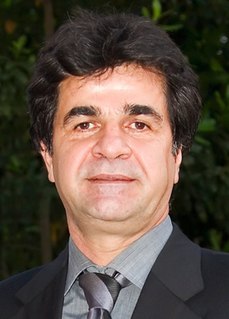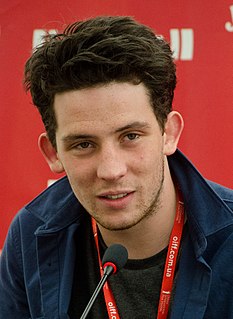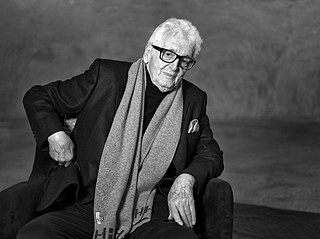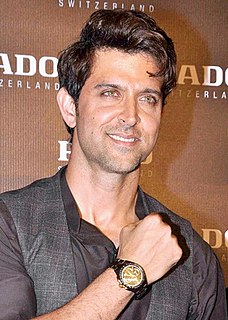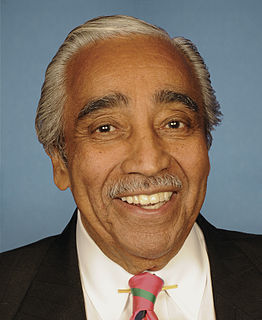A Quote by Jafar Panahi
You mustn't look at a film with only one point of view.
Related Quotes
But every point of view is a point of blindness: it incapacitates us for every other point of view. From a certain point of view, the room in which I write has no door. I turn around. Now I see the door, but the room has no window. I look up. From this point of view, the room has no floor. I look down; it has no ceiling. By avoiding particular points of view we are able to have an intuition of the whole. The ideal for a Christian is to become holy, a word which derives from “whole.
From a policymaker's point of view, [the back door] must look like a perfect solution. "We'll hold onto a separate copy of the keys, and we'll try to keep them really, really safe so that only in an emergency and if it's authorized by a court will we bring out those keys and use them." And, from a policy point of view, when you describe it that way, who could be against that?
